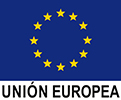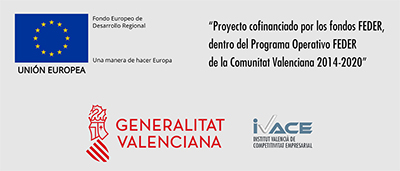
PROYING XXI ENGINEERING projects and constructs automatic raw materials dosage plants with all the productive capacities, in any part of the world.
Our automatic dosage plants include pneumatic systems of filling of silos with systems to eliminate mistakes in the load and with diverse grades of trazability of the raw materials to dosing, managed automatically by our own software, adapted and adaptable to the particular conditions and needs of every client.
Our experience allows us to adapt the systems of extraction of the silos to the type of product stocked, obtaining a fast and absolutely uniform discharge that improves the accuracy of the bore without losing process speed.
Depending on the material to extract of the silo, we use the suitable extraction systems, for example:
Our silos are made by materials adapted to the product that they contain, trying to obtain it locally, and obtaining considerable money savings for our clients. Depend the client conditions, we can project and build detachable silos increasing the possibilities of obtaining the silo adapted for every case.
Our systems of automatic dosage are thought to obtain the maximum precision with a minimal operation time, with systems of discharge and operation adapted to his use.
Our equipment of dosage are thought to work so much with majority components as with minority remaining the dosage precision adjusted to obtain a batch of constant composition.



PROYING XXI ha finalizado con éxito la ejecución del proyecto “Desarrollo de una unidad piloto para la obtención de 1MW de aire caliente para el secado del alpeorujo con depuración de gases y partículas en suspensión” cuyo objetivo es la obtención de una corriente de combustión libre de monóxido de carbono y con una concentración inferior a 50 mg/Nm3 de partículas suspendidas. El proyecto se ha llevado a cabo en las instalaciones de COINREF empresa colaboradora, entre Septiembre de 2018 y Septiembre de 2019, con un presupuesto total de 365.832 €, el cual ha sido cofinanciado por CDTI y FEDER